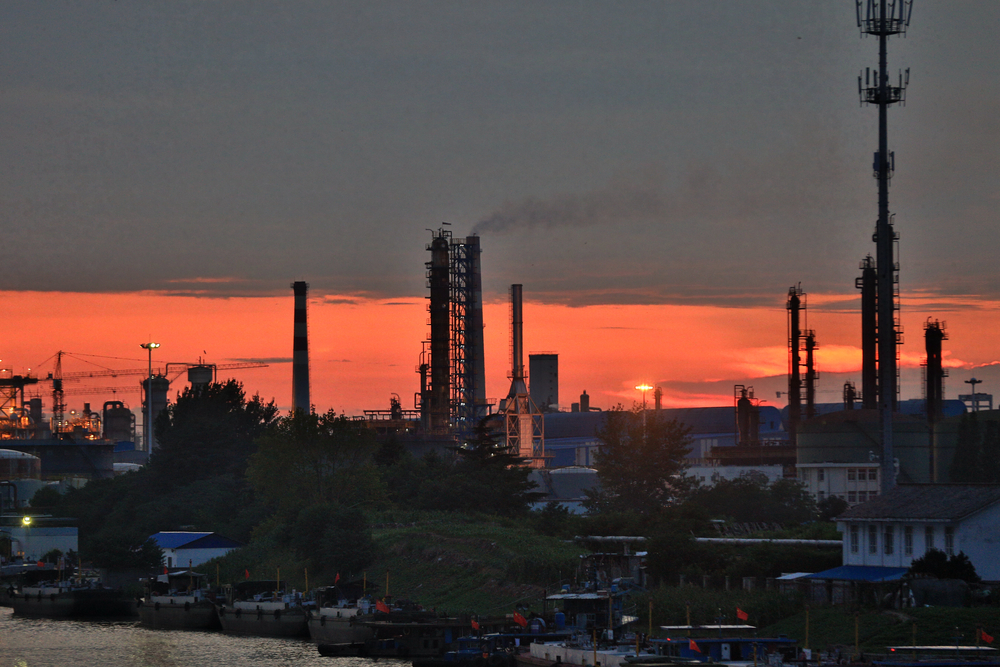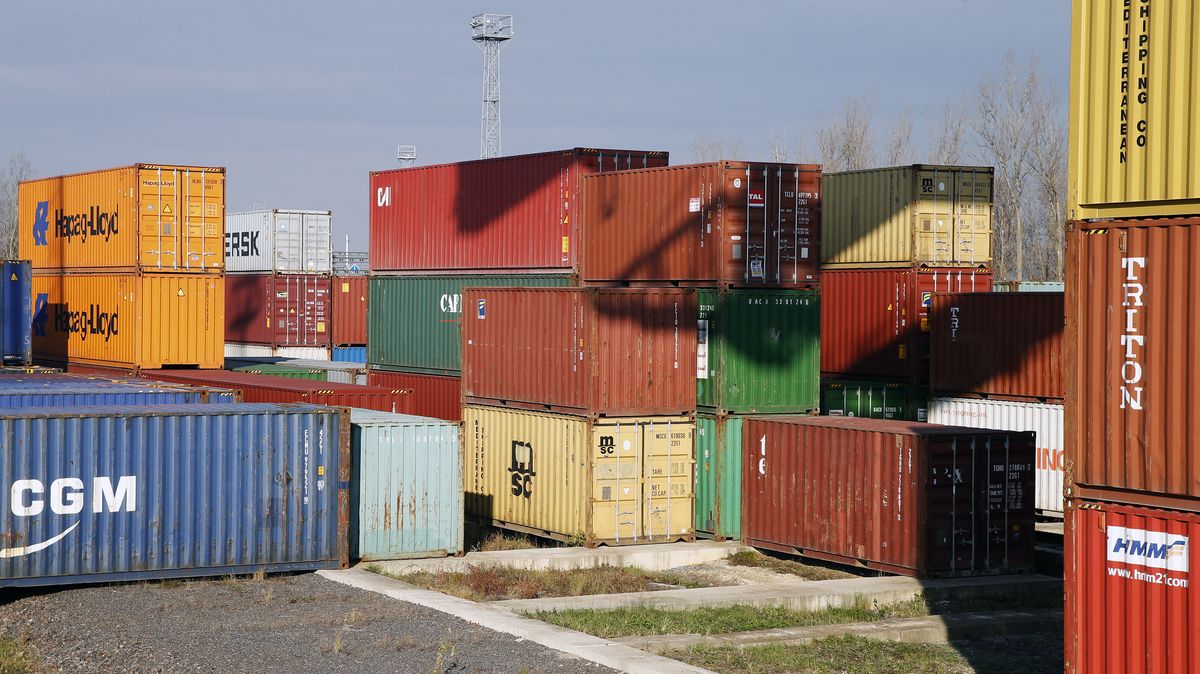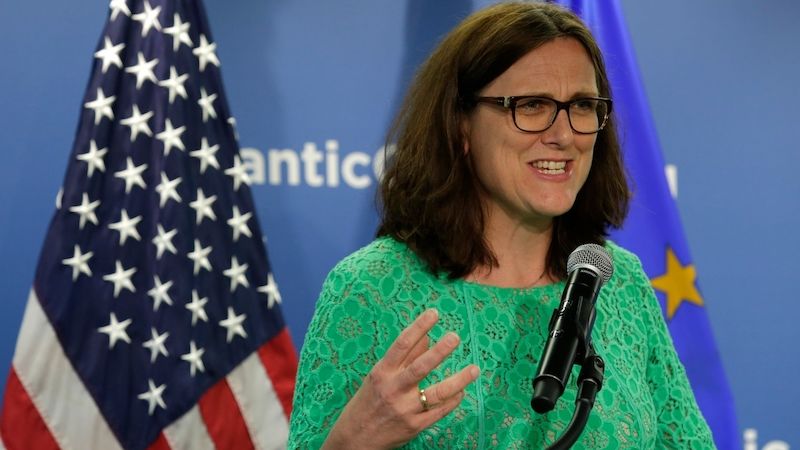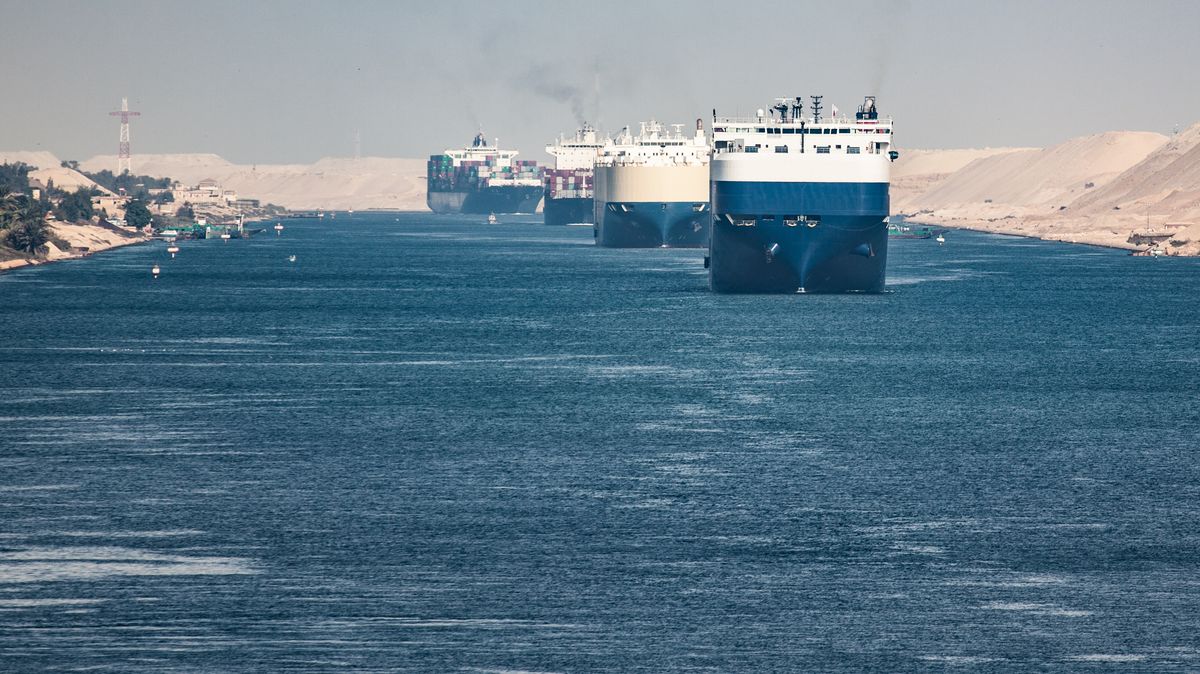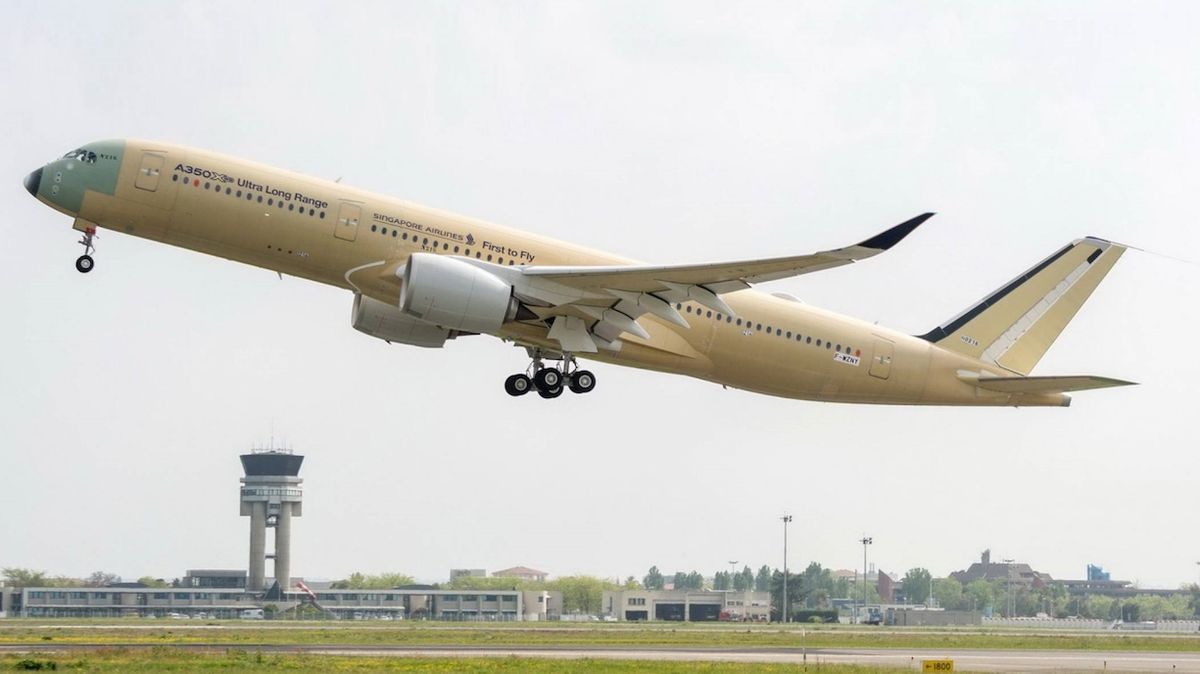License | All rights reserved. Further distribution is possible only with the consent of the author
Leaders of member countries of the Shanghai Cooperation Organization (SCO) last week called for a balance between reducing emissions and making room for poor countries to catch up with economically developed countries. The SCO includes, for example, China, India and Russia, which are among the world’s largest emitters, Reuters writes.
The organization said in a statement that its members feel the negative consequences of climate change and the need for urgent action to solve the problem. At the same time, they are calling for increased investment in oil and gas extraction. They also condemned “coercive measures” intended to force countries to reduce emissions at a prescribed pace. According to them, each country “has the right to independently set national goals in the field of preventing climate change”.
SCO member countries comprise about half of the world’s population. In addition to China, India, and Russia, this includes Uzbekistan, Kazakhstan, Tajikistan, Kyrgyzstan, and Pakistan. Last week, Iran also signed a memorandum on its future membership.
Russia, India and China have repeatedly faced accusations from the West that they are not doing enough to fight climate change. However, the countries argue that emerging economies should have more room to prioritize economic growth over climate issues, Reuters wrote.
SCO members also rejected calls to switch from fossil fuels to renewable energy sources. They identified the importance of combining the advantages of fossil fuels and renewable sources. In this regard, according to them, investment in the extraction of fossil fuels needs to be increased.
SCO officials also criticized countries for trying to “use the climate agenda to enact measures to limit trade and investment cooperation”. According to Reuters, this criticism is directed at Western countries trying to implement so-called carbon tariffs.
The European Union is now proposing to impose new tariffs on imported goods based on the amount of emissions generated during their production. It thus wants to protect European producers from unfair competition from foreign companies that are subject to less stringent environmental regulations. The tariffs could impact Russian commodity exports as well as goods from China or India, Reuters wrote.
Representatives of SCO member countries also agreed to take steps to increase the use of national currencies in their joint trade. However, they did not provide more detailed information about the form of the step. Moscow, which is seeking to reduce its dependence on the US dollar and other Western currencies after being subjected to extensive Western sanctions over the attack on Ukraine, is believed to be most interested in using a larger national currency.
advertisement

“Tv nerd. Passionate food specialist. Travel practitioner. Web guru. Hardcore zombieaholic. Unapologetic music fanatic.”

